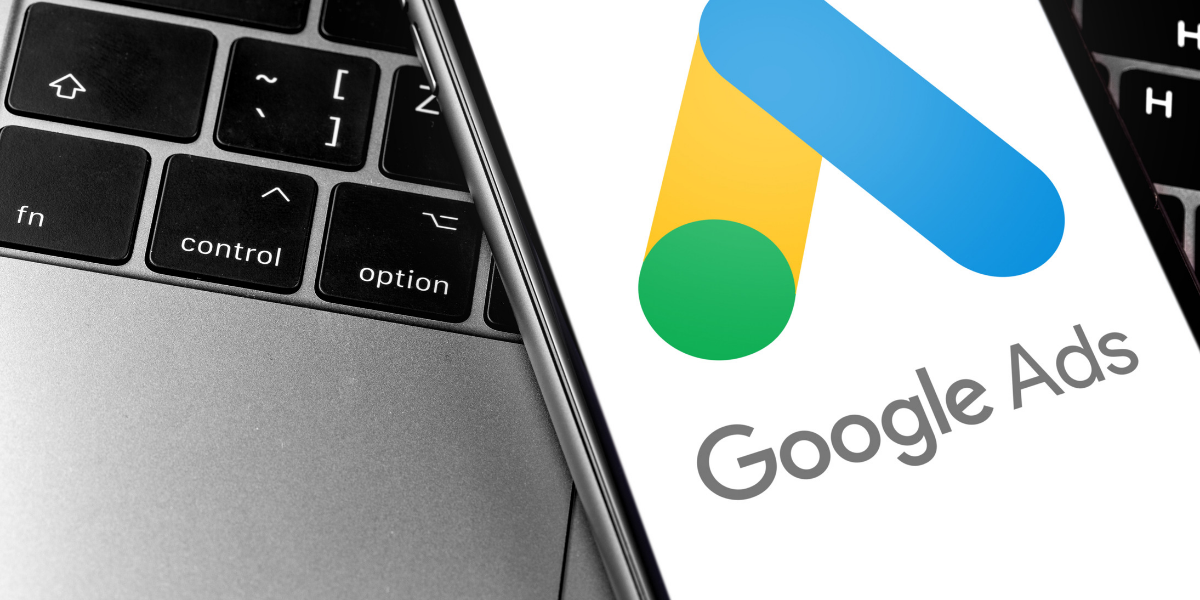In the ever-evolving realm of digital marketing, the synergy between powerful tools can be a game-changer. HubSpot and Google AdWords, two giants in their respective domains, can work seamlessly together to supercharge your paid strategy. Let's explore how you can leverage the strengths of both platforms to drive targeted traffic, nurture leads, and maximize your return on investment.
1. Unified Data Insights:
One of the key advantages of integrating HubSpot with Google AdWords is the ability to centralize your data. By linking the two platforms, you create a unified dashboard where you can track and analyze campaign performance, lead interactions, and customer journeys. This holistic view empowers you to make data-driven decisions for your paid strategy.
2. Streamlined Lead Nurturing:
HubSpot excels at lead nurturing, and when combined with Google AdWords, you can take your nurturing efforts to the next level. Use HubSpot's workflows to automate targeted email campaigns triggered by specific AdWords interactions. Whether it's reaching out to users who clicked on your ads or nurturing leads based on their search behavior, this integration ensures a personalized and cohesive user experience.
3. Closed-Loop Reporting:
Connect the dots between your advertising efforts and actual revenue by leveraging closed-loop reporting. HubSpot's integration with Google AdWords allows you to attribute leads and customers to specific ads, keywords, or campaigns. This visibility enables you to allocate your budget more effectively, focusing on the campaigns that contribute most to your bottom line.
4. Smart Ad Targeting with HubSpot Data:
HubSpot's rich customer data can enhance your ad targeting on Google. Leverage the information stored in HubSpot to create more personalized and targeted ad campaigns. From demographics to behavior patterns, use HubSpot's insights to refine your Google AdWords targeting parameters, ensuring your ads reach the right audience at the right time.
5. Seamless CRM Integration:
HubSpot's CRM integration with Google AdWords ensures that your sales and marketing teams are always on the same page. When a lead engages with your ads, the information is seamlessly transferred to HubSpot CRM, providing your sales team with valuable context for more effective follow-ups and conversions.
6. Dynamic Remarketing:
Take advantage of HubSpot's smart lists and Google AdWords' dynamic remarketing capabilities. Create lists in HubSpot based on user behavior, such as pages viewed or forms submitted. Use these lists to power dynamic remarketing campaigns on Google AdWords, delivering personalized ads to users who have already shown interest in your products or services.
7. Optimizing Ad Spend:
Through HubSpot's closed-loop reporting, you can identify which keywords and campaigns are driving the most valuable leads. Use this insight to continuously optimize your Google AdWords campaigns, reallocating budget to high-performing areas and refining your strategy to maximize ROI.
Conclusion:
The marriage of HubSpot and Google AdWords presents a potent combination for those seeking to elevate their paid strategy. From unified data insights to seamless CRM integration and dynamic remarketing, these platforms can work in harmony to enhance targeting, streamline workflows, and ultimately drive business growth. By leveraging the strengths of both tools, you unlock a new level of precision and effectiveness in your paid advertising endeavors.




